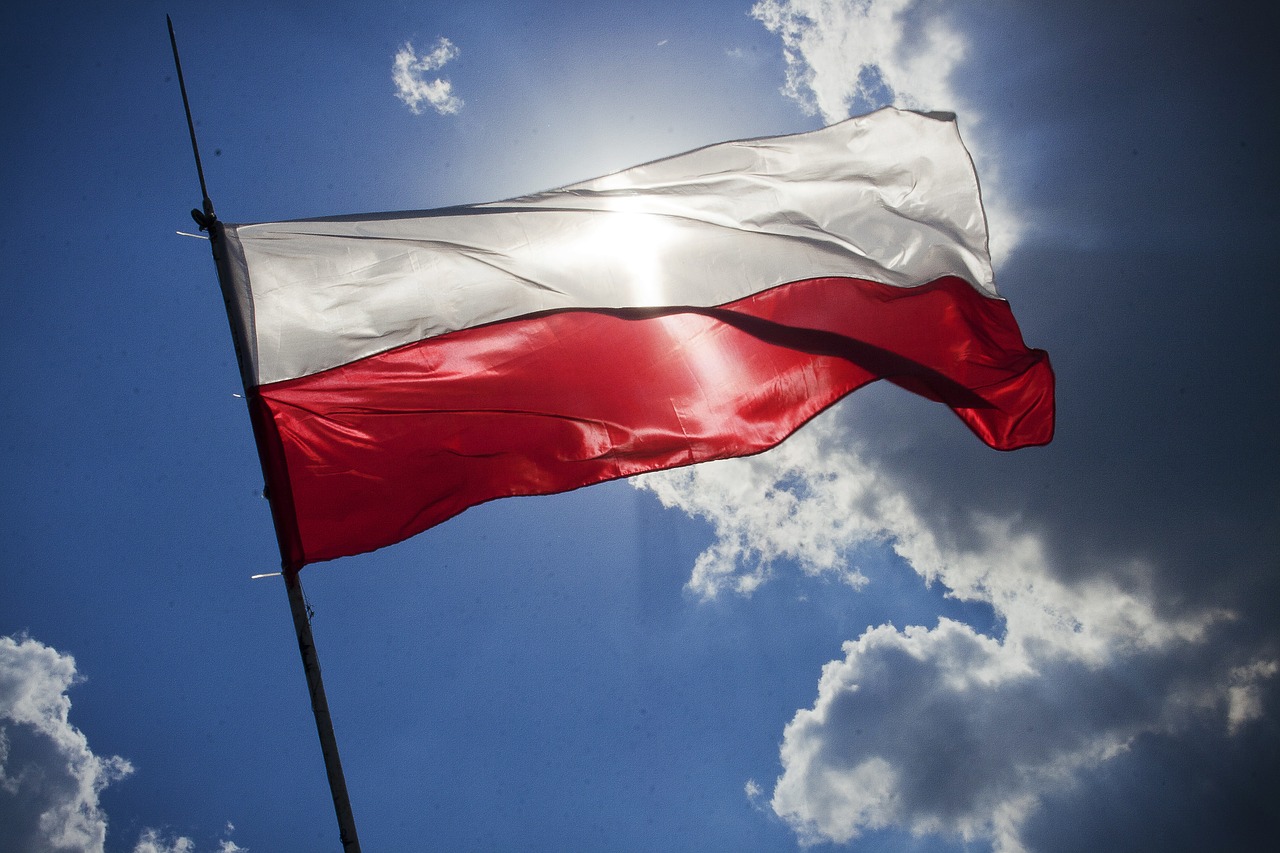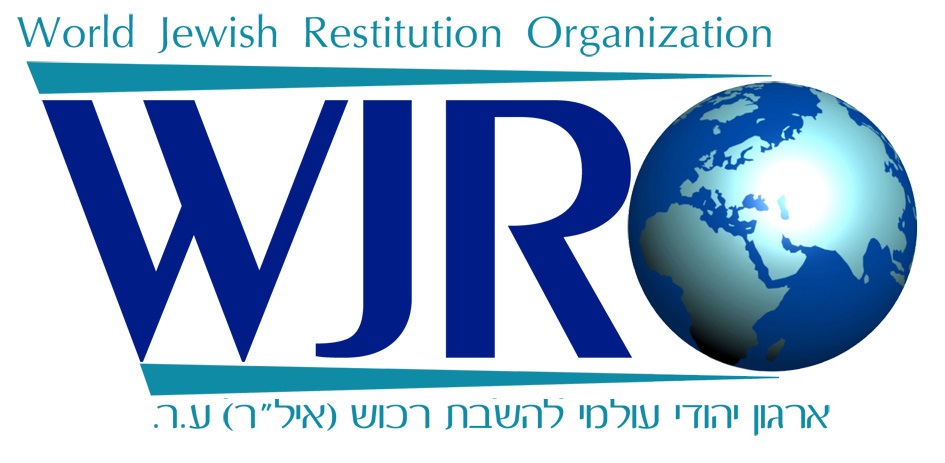
Seeking Fairness for Property Claimants/Rzeczpospolita Op-ed May 31, 2019
Debunking Myths about Calls for a Denationalization Law
(Translation from Rzeczpospolita Op-ed: May 31, 2019)
https://www.rp.pl/Publicystyka/190539927-Szesc-mitow-o-restytucji-mienia-zydowskiego.html
By Gideon Taylor, Chair of Operations, World Jewish Restitution Organization
Prime Minister Mateusz Morawiecki’s remarks on May 18 in opposition to property restitution in which he said that “it would be an abuse of all of the basic principles of international law and would also be Hitler’s posthumous victory,” were deeply insensitive to Holocaust survivors. These recent comments are the latest in a series of unfortunate statements from public figures and others in Poland that has brought anti-Semitism to the streets of Warsaw, criticism of the United States and Israel, both stalwart allies of Poland, and distortions of the history of the long Jewish-Polish relationship.
It has brought to the fore a range of falsehoods about the quest for justice by elderly Holocaust survivors and others. What are those myths?
Myth #1. Claimants are asking Poland to provide compensation for property the Germans took.
No they are not. Poland was a victim of terrible atrocities by the Nazis. The Nazis targeted Polish Jews for extinction and inflicted great suffering on many Polish non-Jews as well. But we are speaking here about property that was taken by Poland after the war. Jews have lived in Poland for a thousand years. They had lives and homes and properties.
After the devastation of the Holocaust, their property was taken from them by the Communist government. Just as property was taken from non-Jews.
For example, the family of Lea Evron owned a building in Zyweic in south central Poland. Lea is today age 85. More than 60 members of her family including her father and sister were killed during the Holocaust in Poland. Lea and her mother survived but after WWII, their property was confiscated by the Polish Communist government.
Lea is not asking the Germans to return the building, because Germany does not possess it. The building sits in Poland today, just as it did when it was taken. All she is seeking, like other current and former Polish citizens of different religious backgrounds, is for the Polish government to return to her what it took or to provide her compensation.
Myth #2. The issue was resolved by an agreement with the United States in 1960.
Polish officials have erroneously referred to a Communist-era treaty between Poland and the United States as resolving the issue. That 1960 treaty addressed only people who were citizens of the United States at the time of the taking of their property by Poland. The relatively small sum of $40 million was intended in part for US companies (such as Socony Mobil Oil Company, which had major investments in Poland that were confiscated).
The treaty did not cover most American Holocaust survivors from Poland who only became American citizens long after their property was confiscated. Additionally, that agreement did not affect property that belonged to Polish Holocaust survivors or their families who live today in Israel or other countries.
Myth #3 This is just about the claims of Jews.
This is also not true. This is a Polish issue. It affects both Jewish and non-Jewish citizens and former citizens of Poland. This is an issue of Poland doing right by its own citizens and former citizens whatever their religion or background.
Myth #4 Claimants can go to court to recover their property
Where the Communist-era confiscations were carried out in a technically correct manner, as most were, claimants generally cannot recover in court. Even those who can go to court face a long and difficult process. The situation is somewhat different in Warsaw, but there too, many claimants have faced difficulties.
The need for legislation was already acknowledged by the current Polish government when it introduced legislation in October 2017 to provide compensation for people whose property was taken by the Communist authorities. At the time, Polish Deputy Justice Minister Patryk Jaki said that he was ‘ashamed’ that Poland had not introduced legislation in the 28 years since the fall of Communism. ‘This should have been taken care of a long time ago,’ he said.
Myth #5 Addressing this issue will bankrupt Poland
This was the initial argument of all the other former East European countries that faced this issue after the fall of Communism. They found solutions. Some provided restitution of land or substitute property or paid compensation in bonds. Some paid out compensation over years. Indeed the draft legislation proposed by the government in 2017 provided that the compensation payments would be paid out “taking into account the state of public finances.”
Myth #6 Legislation in the United States is an interference in Polish Affairs
The recent protests focused on the Justice for Uncompensated Survivors Today (JUST) Act, a law passed unanimously by the United States Congress and signed by President Trump. In 2009, 47 countries, including Poland, endorsed the Terezin Declaration on Holocaust Era Assets and Related Issues, which recognizes the importance of restituting or compensating Holocaust-related confiscations made during the Holocaust and its aftermath. It also states “the importance of recovering communal and religious immovable property in reviving and enhancing Jewish life, ensuring its future, assisting the welfare needs of Holocaust (Shoah) survivors, and fostering the preservation of Jewish cultural heritage.” The JUST Act requires the State Department to investigate and submit a report to Congress on the extent to which these countries are meeting their pledges to adopt national laws and policies to help Holocaust survivors identify and reclaim their properties.
Poland endorsed the Terezin Declaration. We are asking it to live up to those commitments.
Poland is the only country in the European Union that has not passed national legislation for restitution.
Democratic Poland was founded on respect for the rule of law, including property rights. Poland should act fairly to Jews and non-Jews whose property was taken by the Communist government.
Moving forward includes addressing the past. We hope that Poland will look at this moment in time as an opportunity to right a historic wrong and to build a fairer future for those who suffered so much.
For media inquiries please contact pr@wjro.org.il





